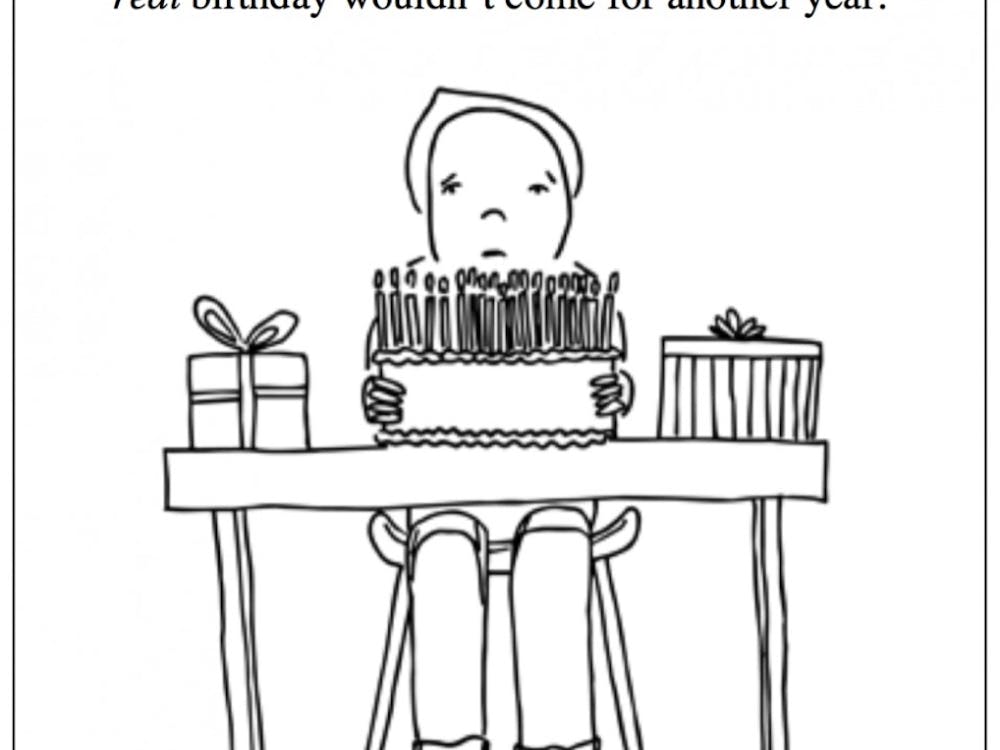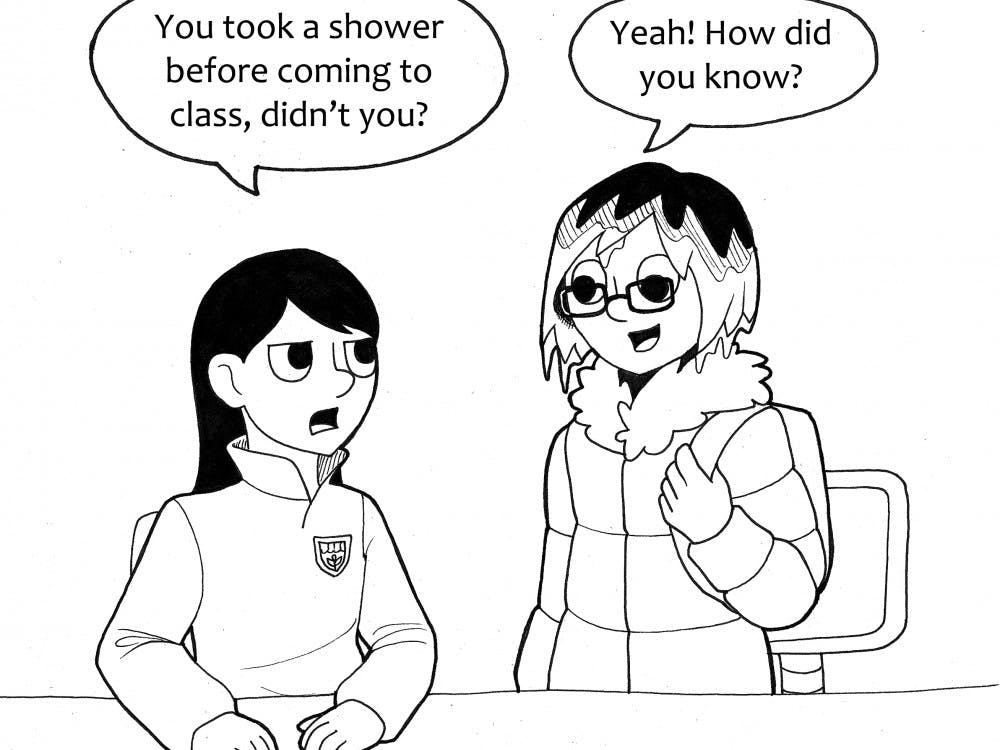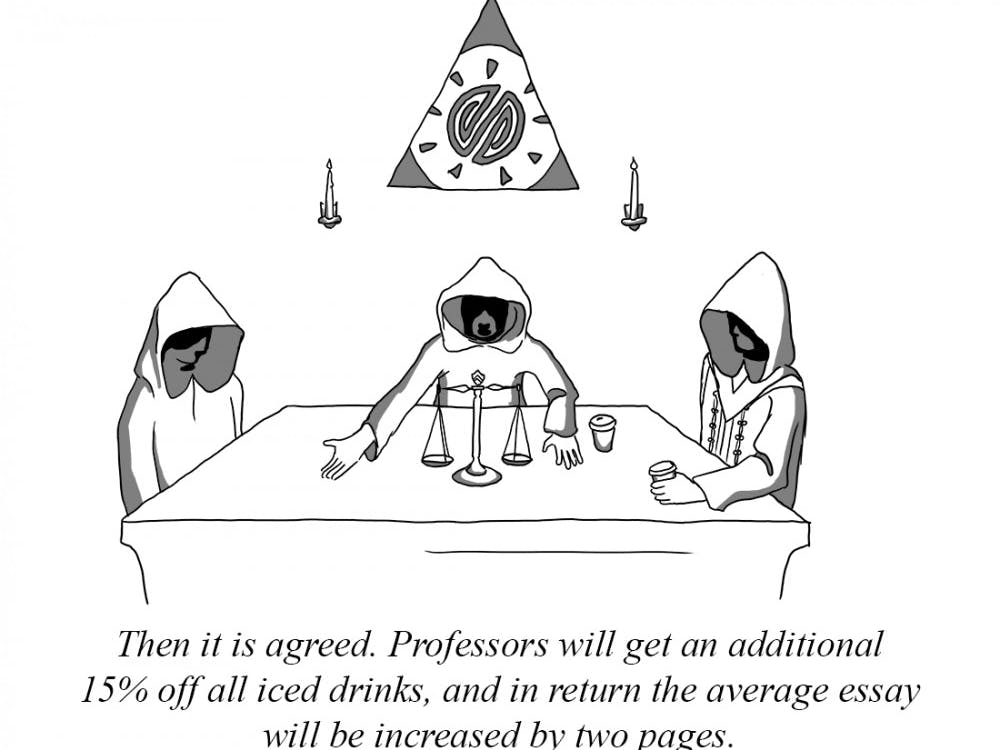More than just a month
Zeena MubarakBlack History Month has just ended, so I believe now is the perfect time to look at the goals and intentions of the month, and how they fit into the history of the University. In honor of the month, Shriya Sekhsaria has been writing a very informative series in The ‘Prince’ about the history of African Americans on this campus, from the very first evidence of an African American student, way back in 1792, to the feelings of current students with regards to race relations at Princeton.











